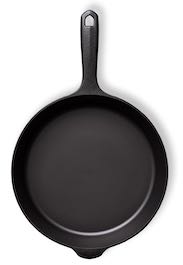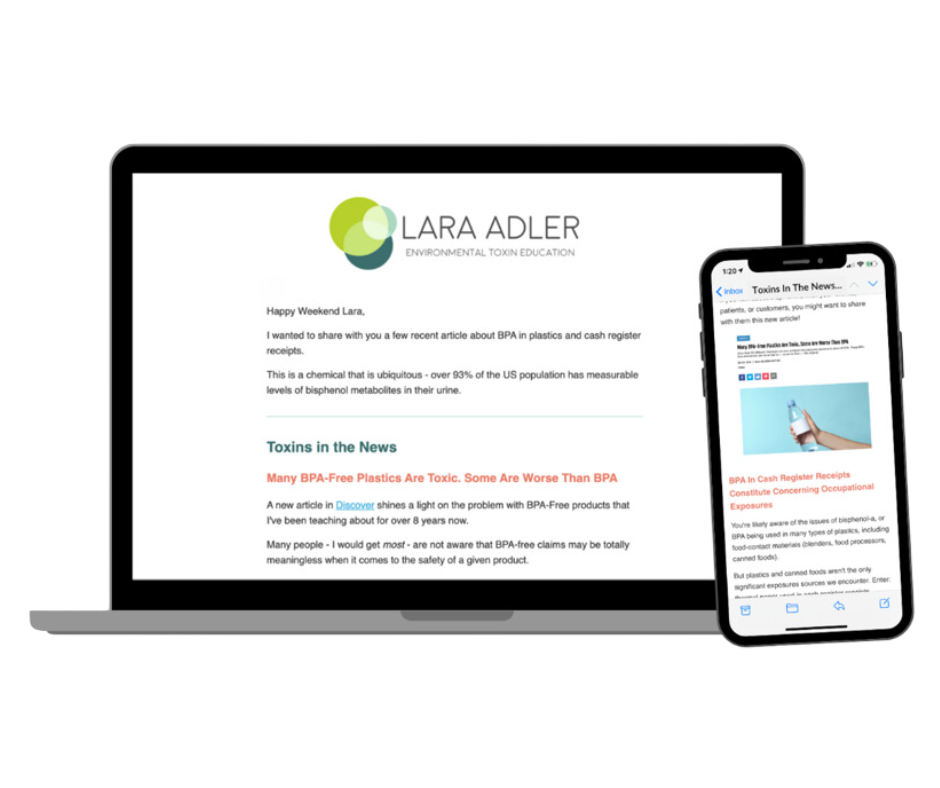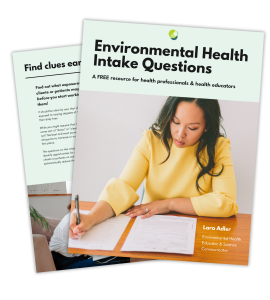Cookware & Bakeware
It makes sense that if we’re spending money on healthy, organic foods, we’re also using safe, healthy materials to cook on. Non-stick cookware, aluminium cookware, and most of the “ceramic non-stick” cookware lines are not ideal.
Note 2 things: ONE: while some brands of ceramic non-stick do seem to be non-toxic, they are not very durable, and often need to be replaced every 2-3 years. For this reason I don’t recommend them. Cookware should last a lifetime. TWO: Many of the brands listed below also sell items that are non-stick coated; ie, not everything by these companies are recommneded.
*affiliate disclosure* Many of the links included on these pages are affiliate links, including Amazon affiliate links. As an Amazon Associate, and produce affiliate, I will earn a small commission if you click through and make a purchase, at no additional cost to you. I only share affiliate links to products that I’ve personally vetted and personally believe in, so you can shop with confidence!
Cookware
Cast Iron
Cast iron is my preferred cooking surface. With proper seasoning and care, cast iron can become virtually non-stick. The downsides are that this material is heavier than other types of cookware, but I consider cooking with them exercise! Those with serious heavy metal issues should probably limit use of black cast iron in favor of enamaled cast iron, as some weakly bio-available iron migrates into food.
Carbon Steel
Stainless Steel
Stoneware & Ceramic
Bakeware
Stainless Steel
Stoneware & Ceramic
Glass
Enamelware



































